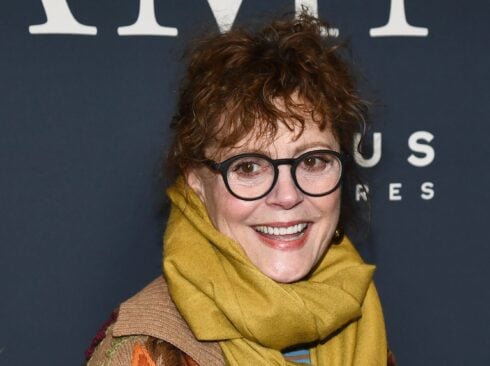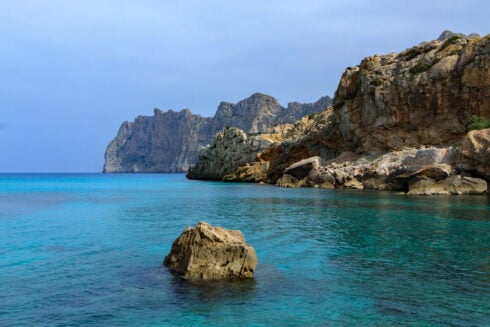THE acclaimed British film director Sir Christopher Nolan has come under fire over his decision to shoot part of his latest blockbuster in a city in Western Sahara that has been under Moroccan occupation for half a century.
The two-time Academy Award-winning filmmaker’s latest picture, The Odyssey, starring Matt Damon, Charlize Theron, Tom Holland, Zendaya, Anne Hathaway and Lupita Nyong’o is set to hit the big screen on 17 July 2026 – but Nolan’s take on Homer’s epic has become mired in controversy over his choice of shooting location.
Parts of the film, described by Hollywood studio Universal as a ‘mythic action epic shot across the world’ filmed ‘using brand new Imax film technology’, have been filmed in the Western Saharan coastal city of Dakhla.
The move has prompted fierce criticism from Sahrawi activists and the organisers of the Western Sahara international film festival (FiSahara), who claim the decision is an insult to those who were forced to live under occupation or go into exile after Morocco annexed the country when Spain, its former colonial power, withdrew from the region in the 1970s.
In a letter signed by a host of Spanish film stars including Javier Bardem, Juan Diego Botto, Carolina Yuste, Luis Tosar, Rodrigo Sorogoyen and Iciar Bollain, Nolan and his film production company Syncopy are urged to ‘break their silence on why they chose the Moroccan-occupied city of Dakhla in Western Sahara as the location for filming scenes from the film’.
“Mr Nolan filmed there without the consent of the Sahrawi people. The only consent he received came from the occupying force: Morocco. Today, Dakhla and Western Sahara are not the dream location Nolan imagines for his film,” the text said.
“Nolan and his team may have unwittingly contributed to the repression of the people of Western Sahara by helping to normalise Morocco’s brutal occupation,” the letter continued.
“We are sure that if they understood the full implications of filming a high-profile film in a territory whose indigenous peoples cannot make their own films about their stories under occupation, Nolan and his team would be horrified.”
The United Nations (UN) classifies Western Sahara as a ‘non-self governing territory’, while the UN’s High Commissioner for Human Rights (OHCHR) has not been granted access to the region since 2015, and ‘continues to receive allegations relating to human rights violations including intimidation, surveillance and discrimination against Sahrawi individuals particularly when advocating for self-determination’.
A recent report from Amnesty International said that the ‘authorities continued to restrict dissent and the rights to freedom of association and peaceful assembly in Western Sahara’.
Spain was the colonial power in Western Sahara from the late 19th century until 1975, when it withdrew under mounting international pressure in the dying days of Francisco Franco’s fascist dictatorship.
READ MORE: Javier Bardem joins protest against Western Sahara violations

However, rather than organising a referendum for the Sahrawi people, Spain signed the Madrid Accords with Morocco and Mauritania, effectively transferring administrative control without UN approval and ignoring a verdict from the International Court of Justice (ICJ) that those countries had no sovereignty over the region.
The decision kickstarted the Western Sahara conflict as the Polisario Front, a Sahrawi nationalist movement, unilaterally declared independence and launched a campaign of armed resistance.
Today, approximately 30% of Western Sahara is controlled by the Polisario Front, with the remaining 70% occupied by Morocco.
Nolan’s films have grossed over €5.5 billion worldwide, earning him accolades including two Academy Awards, a Golden Globe Award and two BAFTAs.
He received a knighthood in 2024 for his contributions to filmmaking, which include blockbusters such as Oppenheimer, Dunkirk, Interstellar and The Dark Knight trilogy.
Click here to read more Spain News from The Olive Press.









Ashamed to admit I knew very little of this subject, but will now seek to find out more.